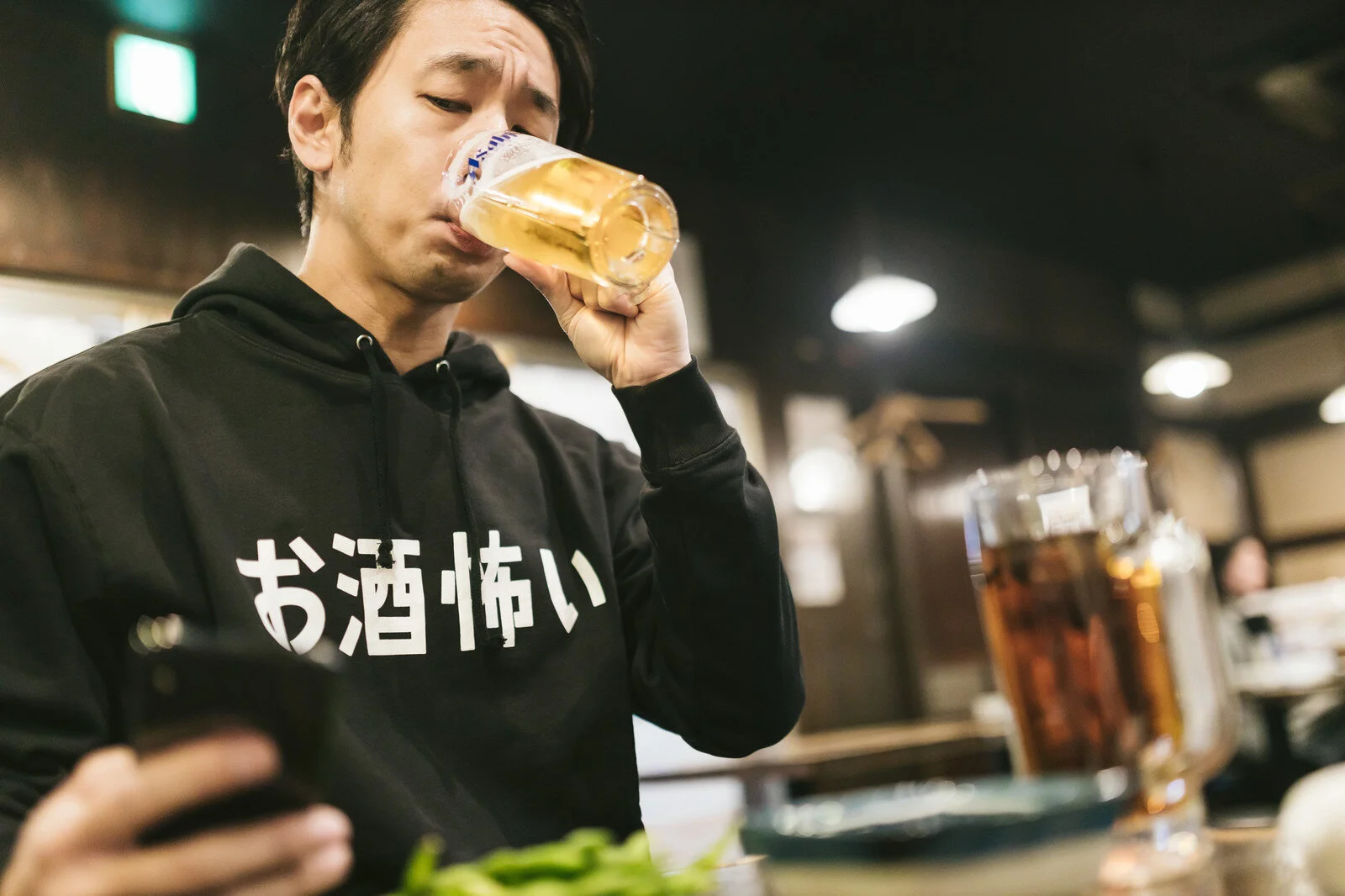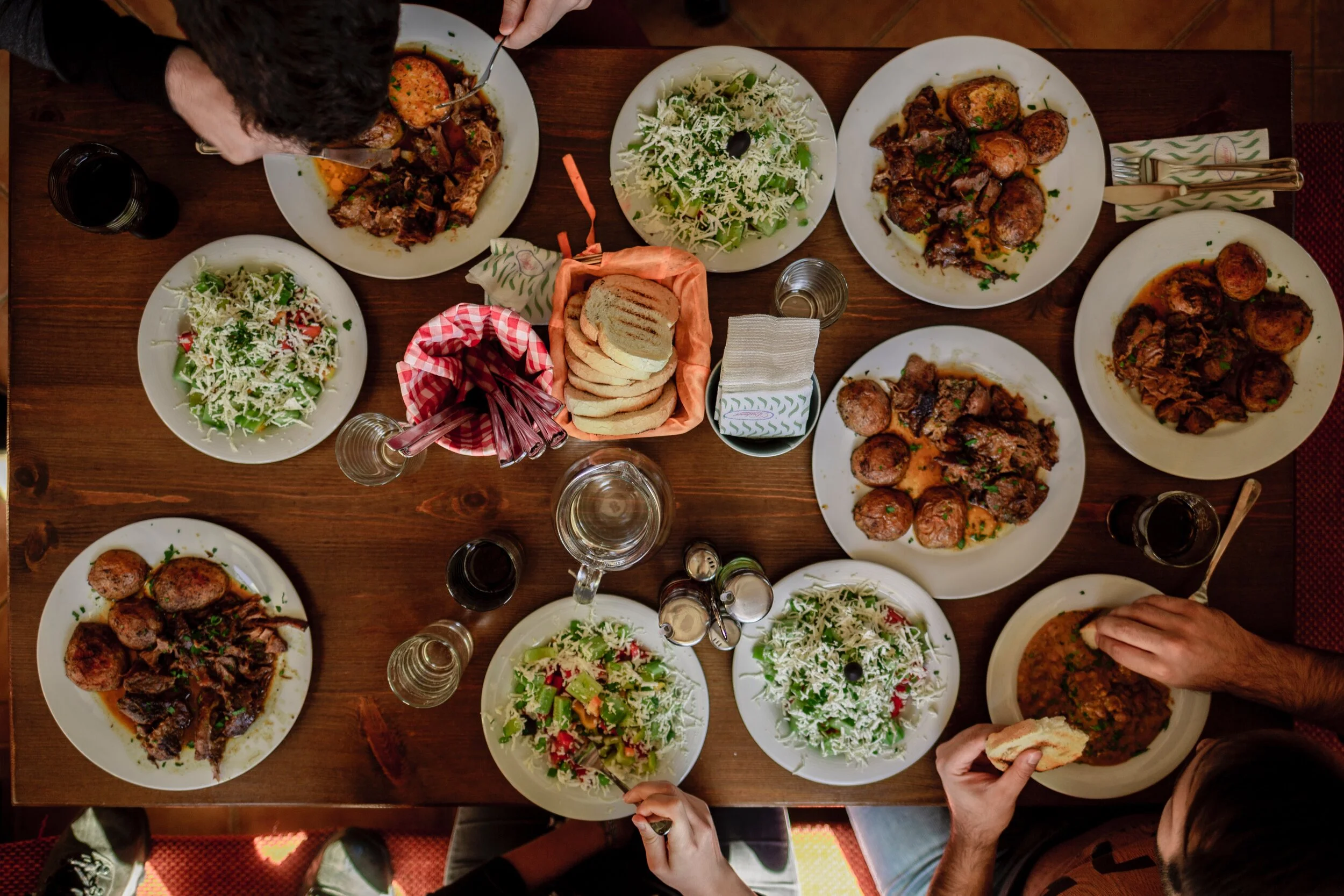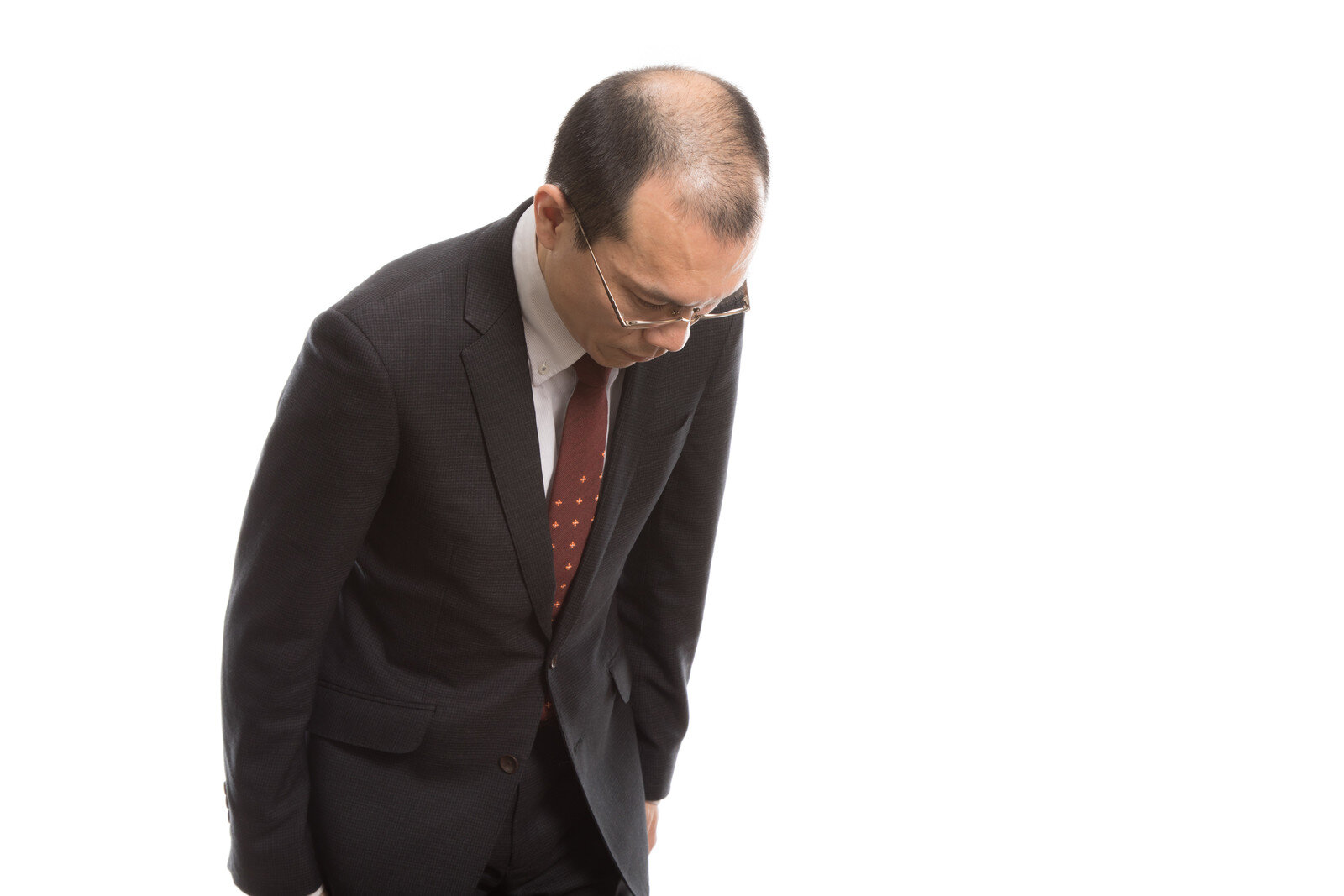Top Japanese Etiquette Tips You Ought To Know
A culturally rich country like Japan has an extensive interesting range of etiquettes and manners that are difficult for non-Japanese to instil (or remember) all of it. A year and a half in my current job and I am still on this endless discovery of etiquettes in Japan. But if you want to learn about those unspoken rules that only a Japanese native would know, I compiled some of the most important etiquette tips for you to act appropriately and blend into the community if you are planning to work in a Japanese firm (like I am). Or if you are visiting Japan, these tips are handy for you to fit right in this beautiful country!
Do not start sipping on your drink first
Do not start sipping your drink first when it arrives! It’s important to wait for everyone’s drink to be served and raise your glasses after with the magic word “Kanpai”! Kanpai (乾杯) means Cheers in Japanese. This is one of the most important social etiquettes you ought to know if you hang out with Japanese people.
During my first company dinner with my Japanese colleagues, I remembered sipping (or to be more exact chugging) my Asahi beer immediately when it came, and I was flooded with stares and an awkward silence after haha!
Angle of your glass
When clinking glasses with other people, your glass should always be at a lower angle than your superior's/elder's glass as a form of respect! This is a great tip that’s sure to impress!
Pouring their drink
Photo by Natasha Kapur on Unsplash
Watch the glasses around you. When someone’s glass is empty, always take the initiative to serve them as it is considered somewhat rude to pour your own drink! Rest assured, they would do the same for you. So stay alert! Also, when someone wants to pour you more drink, always hold it towards the person.
Do not eat directly from communal dish
Photo by Stefan Vladimirov on Unsplash
It is common among Chinese families where we would pick food using our chopsticks and eating them directly. However, to not eat directly from the communal dish is one of the most important Japanese table manners. The proper Japanese dining etiquette is to take some of the food using the serving utensils and place them on your individual plate. Note that it is perfectly fine to have different kinds of food on your plate.
What to say before and after a meal
It’s common to say Itadakimasu (いただきます) before the Japanese start eating. Itadakimasu can mean “let’s eat” and “i humbly receive this, thank you for the meal.” Japanese do this for every meal and kids in Japan are also expected to say Itadakimasu altogether before their lunch. Especially at a guest’s house, make sure you say Itadakimasu before the meal, or it will reflect very badly upon you!
Gochisosama deshita(ごちそうさまでした) translated as “thank you for the meal” is said after a meal. This is also an extremely polite way to express your gratitude to the one who prepared the meal.
Be sure not to mix them up!
Proper titles to address people
There are many kinds of Japanese honorific titles, but let's narrow it down to the 3 common ones that you would need to utilise. San (さん) is probably the most commonly heard, and it is the safest and most respectful way to address someone. This is often used in business settings, equivalent to using Mr. and Mrs.
For instance, in the case when you want to thank your colleague for a favour, you can say “Arigatou gozaimasu Yamamoto san.”
Chan (ちゃん) is used informally towards young females whom you are close with. It can also be used on children or animals. You will see that this is often used in a couple or by someone who is fond of a girl. Chan can also be used when you find someone/something cute, but you definitely should not use it in the business context!
Kun (くん), on the other hand, is used to address young males. You will often see Japanese superior using this towards the younger male subordinates. Friends can also address each other by Kun in a casual context, for example - “Ohayo Ryo Kun” which also means “Good morning Ryo Kun.”
Bows would also be involved in some social or business situations. However, in the Japanese's point of view, it is more insulting to bow in a lazy/wrong way than to not bow at all. Hence, the next time if you are planning to bow, make sure to do it in 45 degrees - the most appropriate and safest type of bow!
No to walking and smoking
Photo by Erica Leong on Unsplash
I came to know about this etiquette during a business trip to Japan. Japan is one of the world’s largest tobacco markets but Japanese people are actually very considerate smokers. Japanese deem walking and smoking at the same time as a very dangerous and inconsiderate action. So think twice if you are planning to do that next time in Japan, you might get much unwanted attention on you!
Mobile manners in public transport
Photo by Zhang Kenny on Unsplash
This is an extremely important etiquette especially if you are traveling Japan for the first time! Talking loudly in public transports is very rude to the surrounding passengers. The Japanese places great importance in this, which is why you would see many signs in the trains indicating to speak softly. If there is an urgent call to take, the Japanese would either speak as softly as they can, or they would alight at the next train station.
There are still so many more Japanese etiquettes and customs but these will suffice for now. If you are joining a Japanese workplace or visiting Japan anytime soon, you definitely do not want to stand out for the wrong reasons! Get used to these first, you should know what to do when you are with the Japanese next time 🙂








